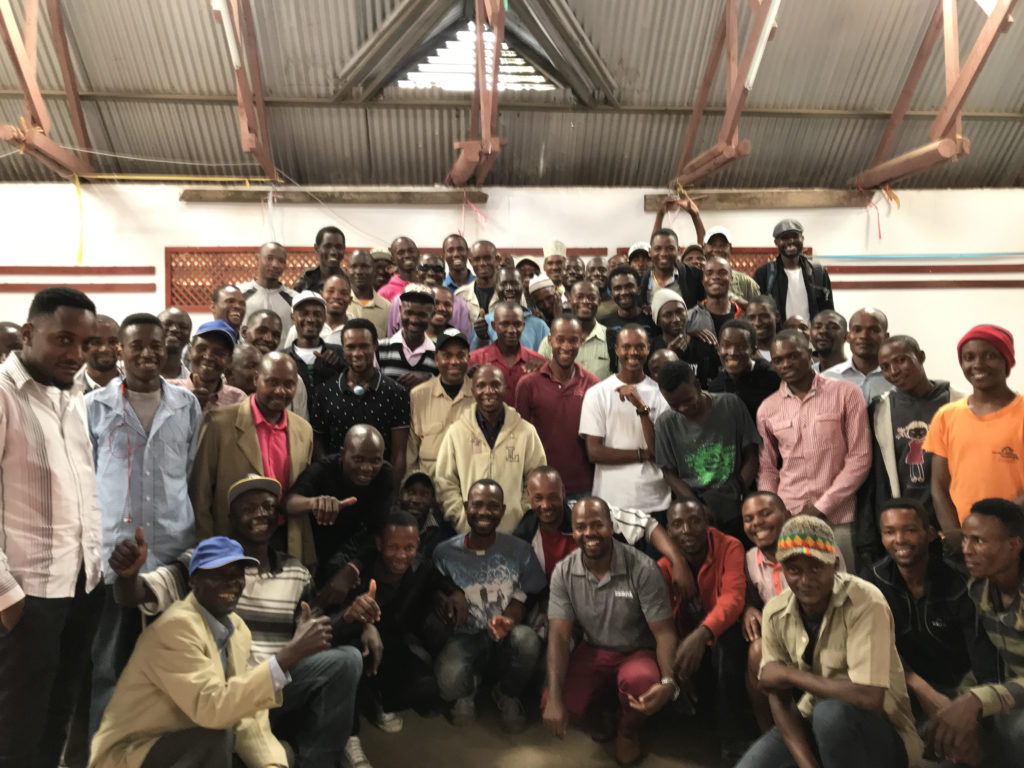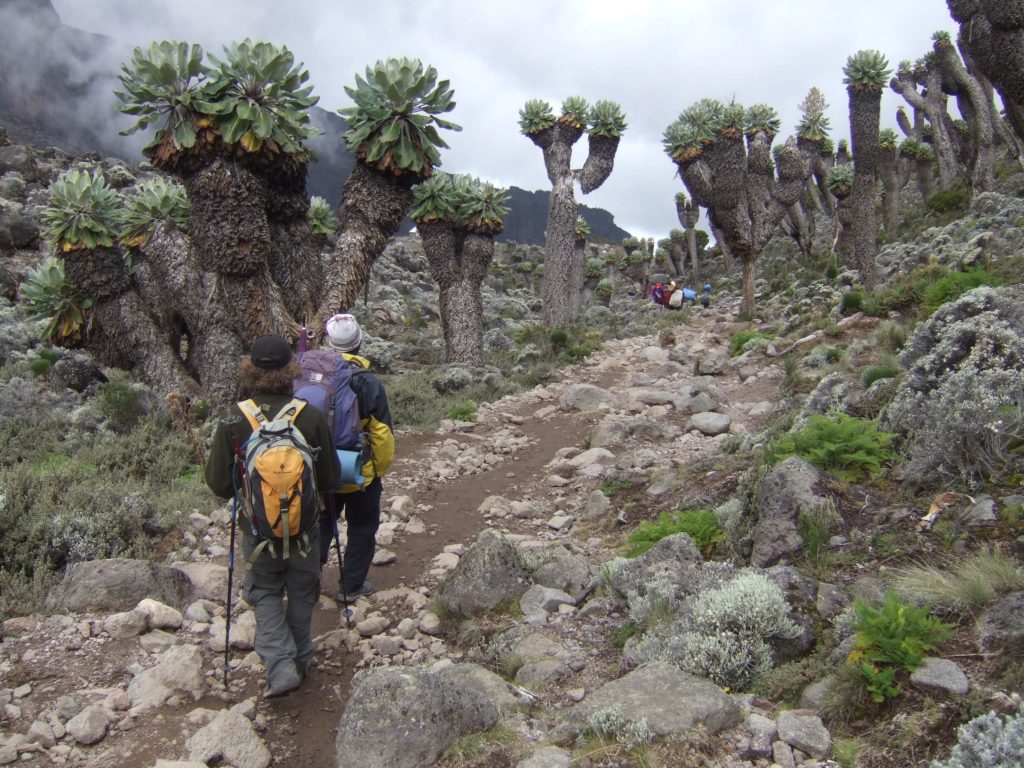Tanzania was just voted by industry experts and tourists once again as the number #1 safari destination in Africa. It’s easy to see why once you’ve been there, as they really do have something for everyone. It’s likely experiencing the Great Migration of the Serengeti or basking on the beautiful beaches of Zanzibar may make most people’s “bucket list”, while climbing to the Rooftop of Africa may initially only appeal to avid climbers or to the high adventure crowd.
As an American, admittedly I knew little to nothing about Mt. Kilimanjaro before living in Tanzania. Having successfully summited in 2016, I can tell you it truly will change your perspective of the world, literally and figuratively.
It’s surprising more people don’t attempt Kilimanjaro, as it actually requires far less experience, training and physical conditioning than you’d imagine. A positive attitude, warm clothes and an excellent guide who demands a slow pace for better acclimatization are your major factors for summit success.
Like many touristic destinations, the safari and mountain industry provides the main source of economic security for thousands of people and their families in this region. While this offers visitors with endless and often overwhelming options in a competitive market, climbers should become aware of the impact of who they climb with, as it literally can change the course of people’s lives.
The largest expenses of a climb are government-regulated fees allocated for conservation. Fortunately Tanzania’s new government, with a zero corruption policy, means tourist’s revenues will actually fund resources needed for National Parks. However, last year in a controversial move, the government implemented an 18% VAT increase on all park fees. This now makes Tanzania less competitive as a safari destination, losing market share to neighboring countries, and making an already price sensitive market even more aggressively competitive.
This move dramatically reduces an already slim profit margin after similar shared operating costs. Now, companies boldly underbid one another to win business. As a result the porter’s work conditions and salaries are sacrificed causing great physical and economic suffering. Buyers beware!! Paying less financially for a climb, means you are paying more it ethically…

With an average of 3-5 porters per climber, plus additional cooks, guides and specialty crew, moving these mobile camps up the mountain, is a massive logistical operation. However experienced and professional companies make it look effortless.
While human rights issues with the Sherpa on Mt. Everest gained far more media attention, it’s important the public understands there are porter abuses occurring in this region also.
Fortunately climbers can verify which companies legitimately offer certified climbs, ensuring they adhere to the highest ethical standards. You can identify which companies have demonstrated they are not participating in the exploitation of these hardworking men and women, who are the real backbone of the mountain.
The Kilimanjaro Porters Assistance Program, locally known as KPAP, is an initiative of Boulder based International Mountain Explorers Club (IMEC). Together they created the partnership for responsible travel to educate and advocate for the fair and ethical treatment of porters.
The KPAP team of over 80 investigative porters is lead by a passionate American woman affectionately known as “Mama Karen” who is a focused and tireless champion of the cause. Living in the foothills of Kilimanjaro, she has dedicated the better part of a decade to this cause and community. It’s incredible, that with a shoestring budget, she and her team offer extensive guidance and oversight to ensure tour companies adhere to best practices, properly supporting the crew and the industry. KPAP has also implemented several educational, health and training outreach programs, as well as clothing-lending program to improve the quality of life for porters and their families.
Because of the abuses and exploitations of crew, KPAP has a standard checklist of criteria and recommendations , which is consistently monitored and enforced on every partner climb. Proper Gov’t required salaries of $10/day, adhering to park regulations of max 44lb. loads per porter, providing 3 meals a day, proper equipment, shelter, sleeping conditions and medical care when necessary, are the basic requirements that unfortunately are not standard industry practice.
While all operators are invited to participate in this free, voluntary certification, it’s actually perplexing to learn less than 10% of operators bother. Not only does it enhance their operations, but has tremendous responsible tourism marketing value, and will differentiate themselves among the competition.
Climbing with a KPAP partner company, you can be assured that you and your moral compass will be on the right path!
Author:Let’s grow with Melissa Foley, Sustainability and responsible tourism consultant
Contact: All About Africa Marketing & Consulting www.allaboutafrica.biz melissa@allaboutafrica.biz








